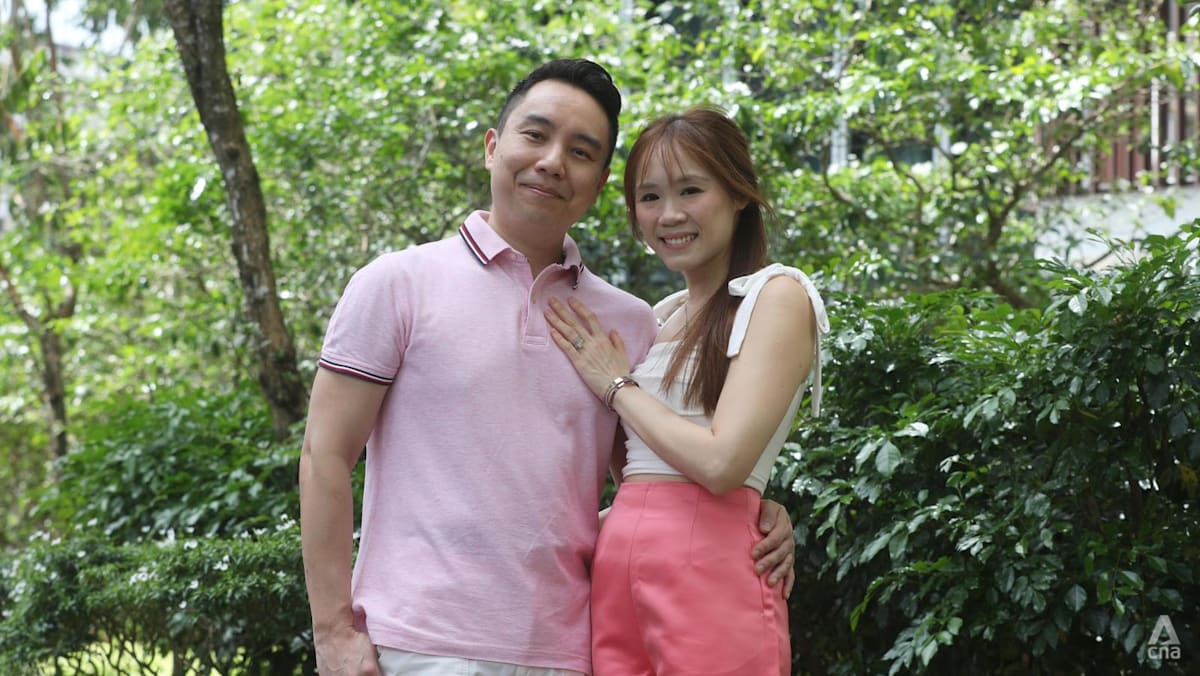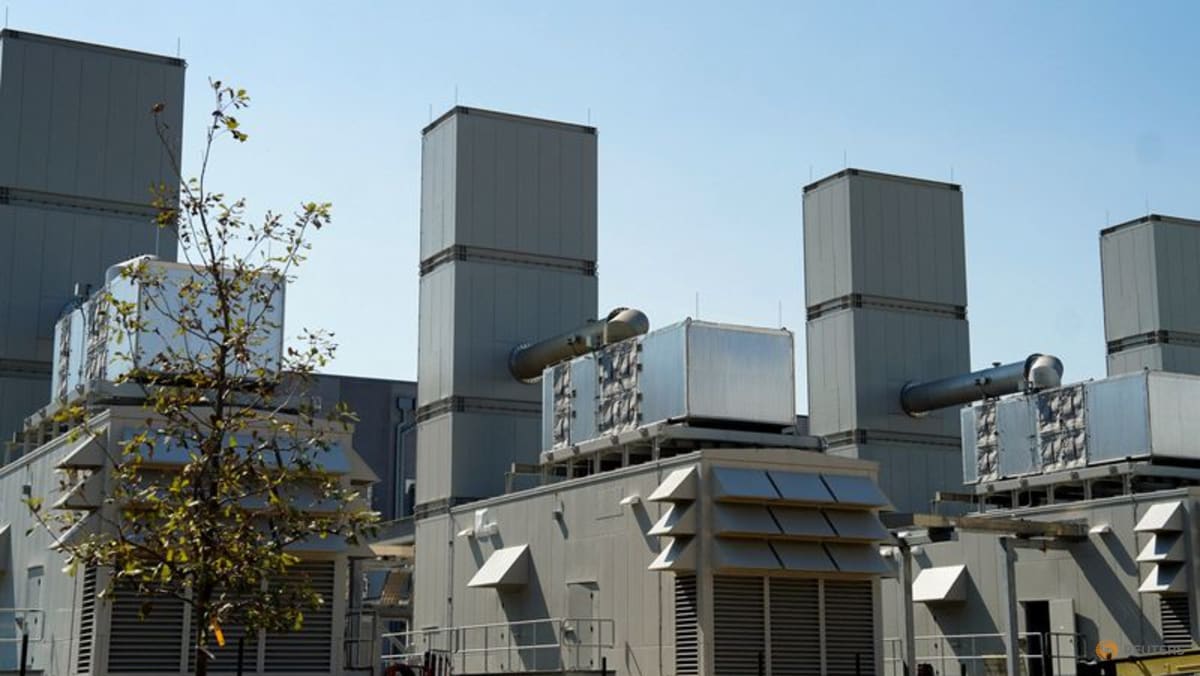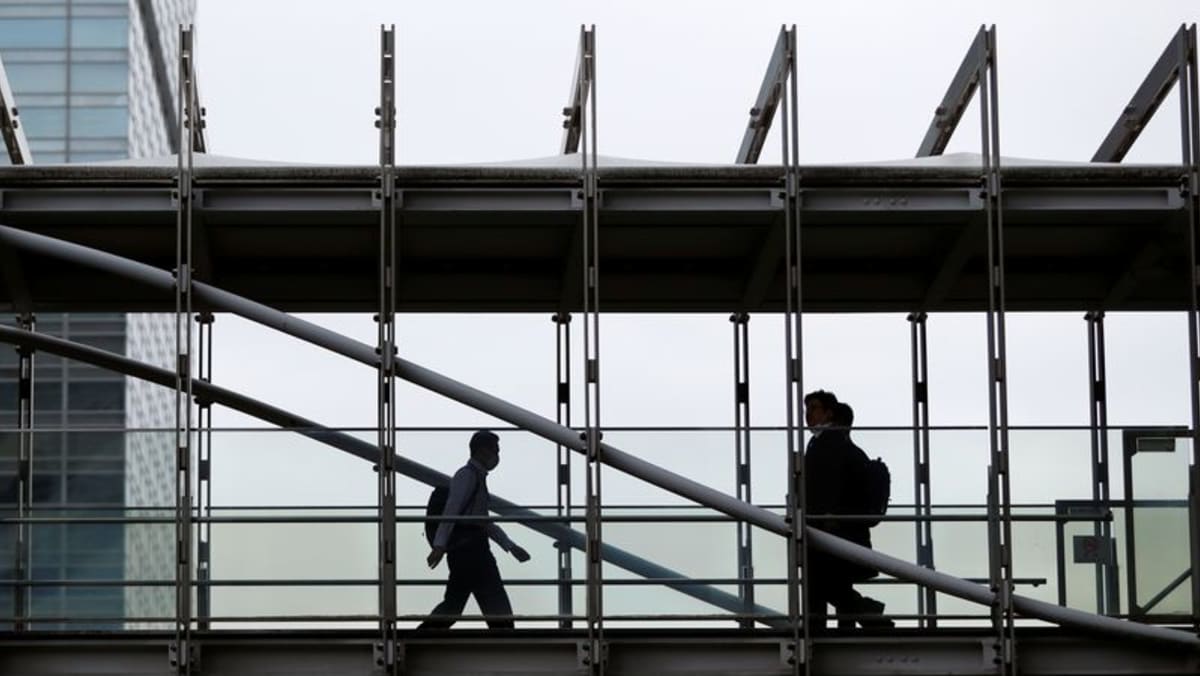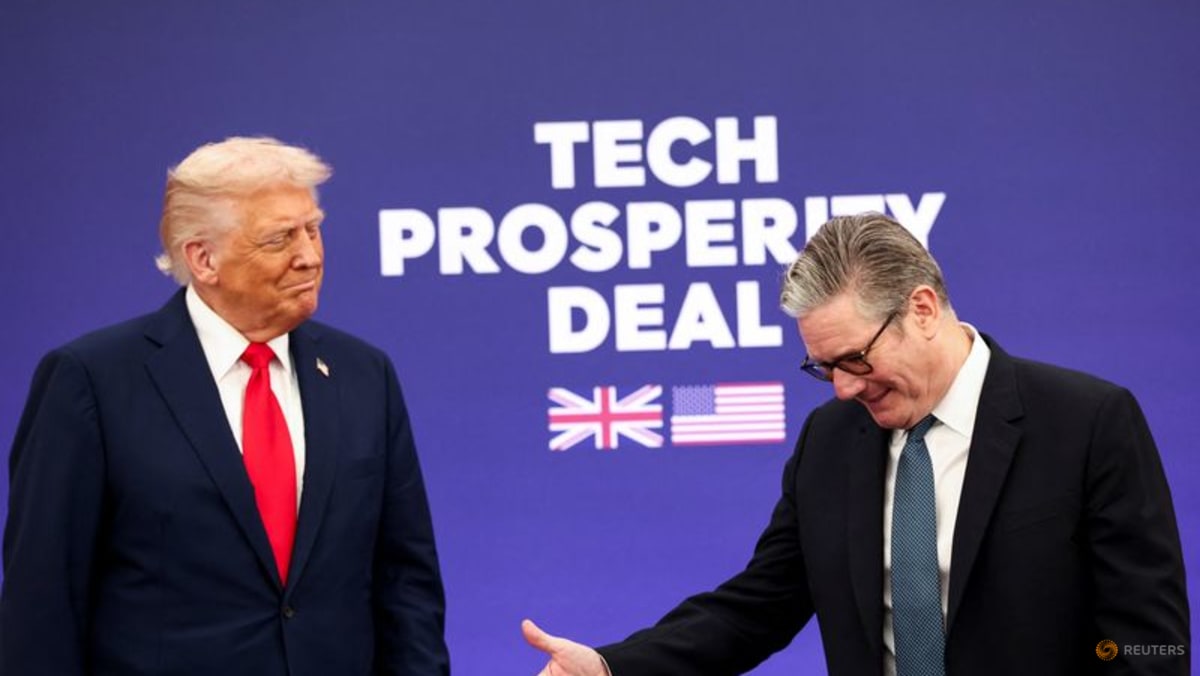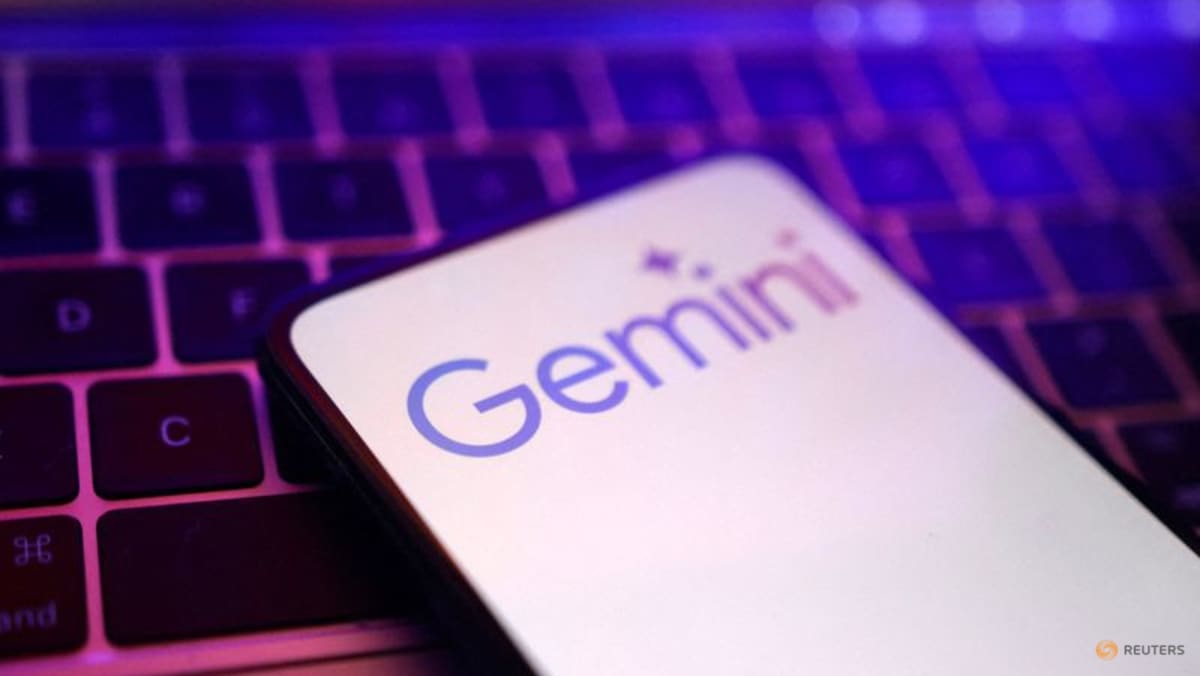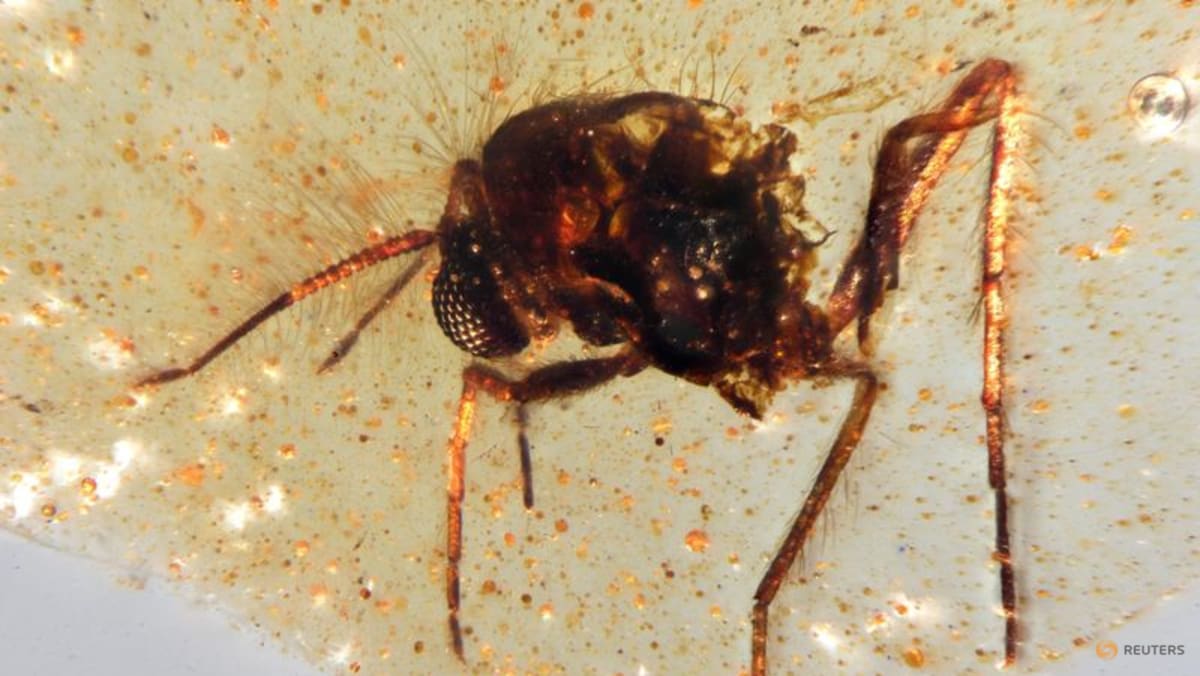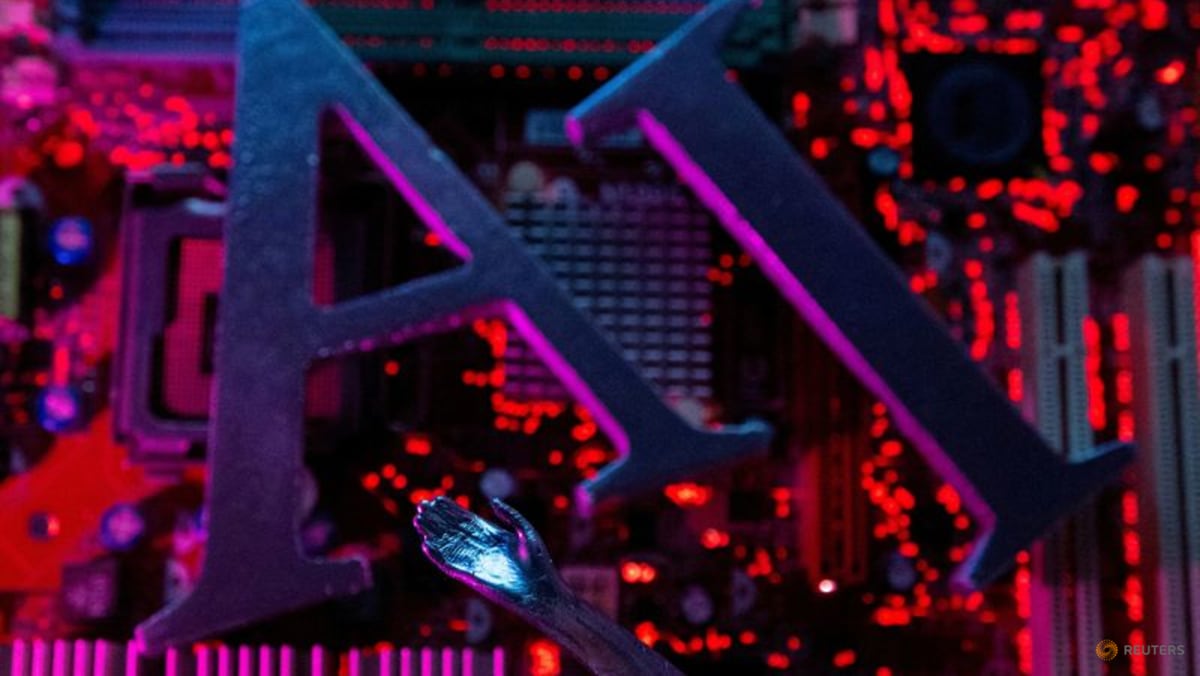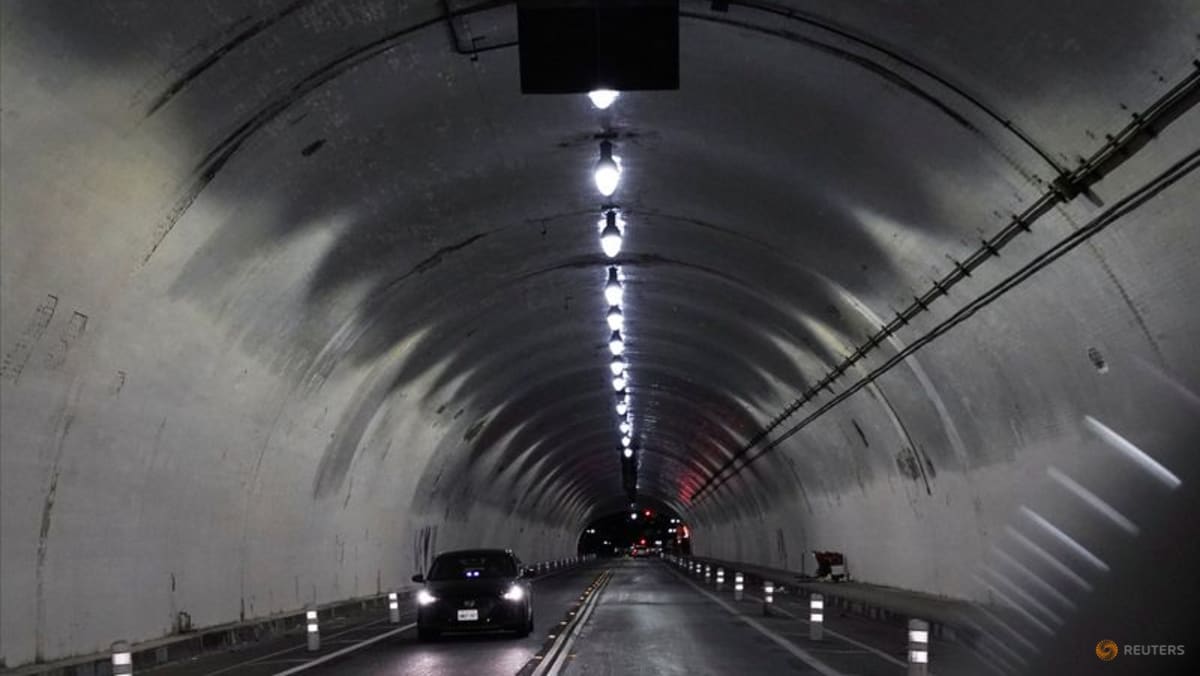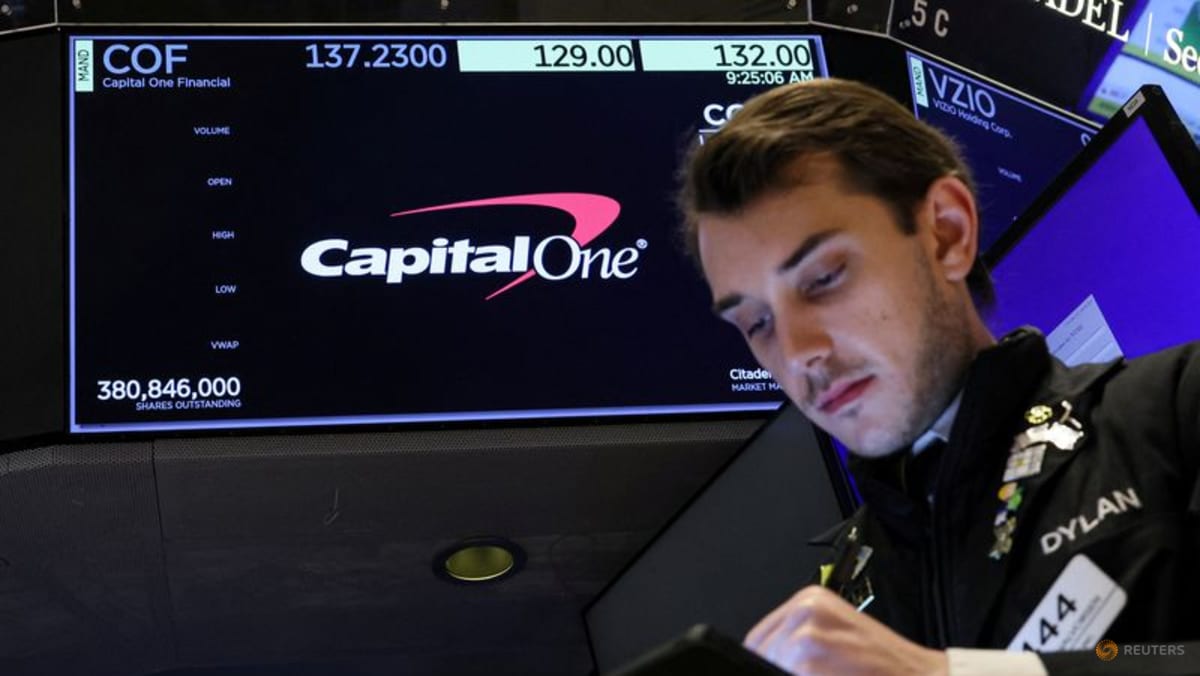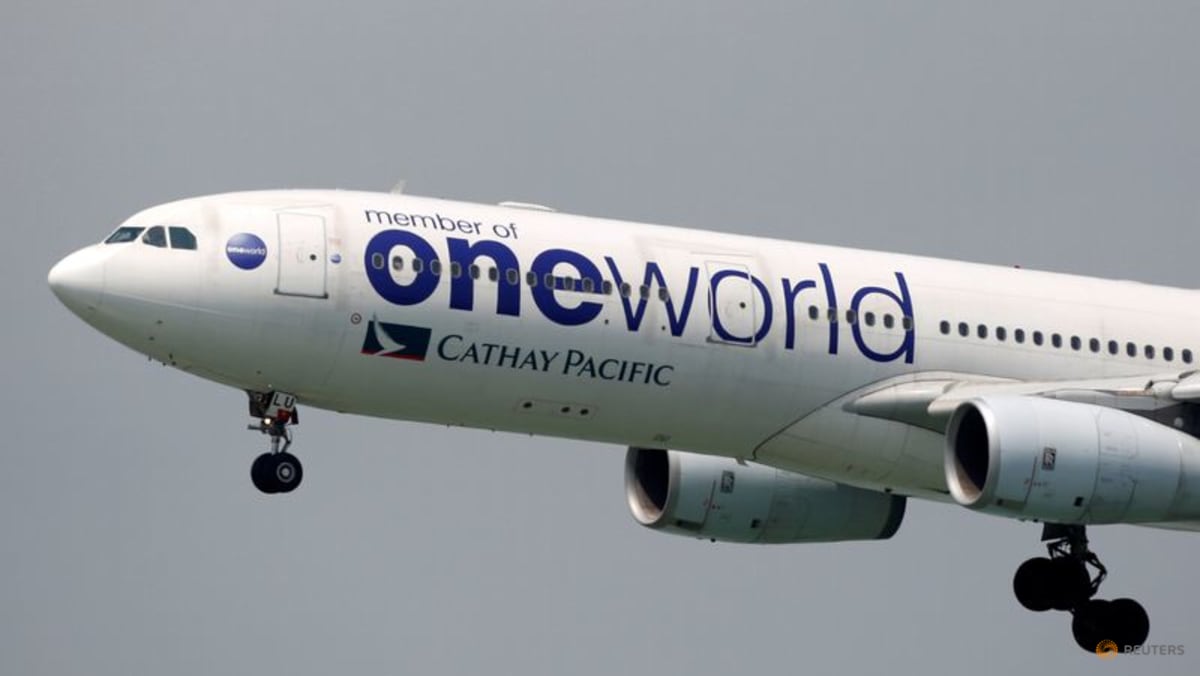TOKYO :Japanese companies agreed to raise wages by an average 5.25 per cent this year, their biggest pay hike in 34 years and the third straight year of robust growth as they grapple with severe labour shortages and seek to shield workers from inflation.
The final figure tallied on Thursday by the Rengo labour union group – Japan’s largest with 7 million members – follows an increase of 5.10 per cent last year and 3.58 per cent the year before – a sharp contrast to prior decades of stagnant wages.
Japan’s biggest business lobby Keidanren also said on Thursday that the average summer bonus payment at major companies this year increased 4.37 per cent from the previous year to a record 990,848 yen ($6,889).
Rapidly ageing Japan has developed an extreme labour crunch with shortages among non-manufacturers and small firms reaching historic levels, even pushing some into bankruptcy.
A Reuters survey published in January showed that two-thirds of Japanese companies believe that labour shortfalls were seriously or fairly seriously affecting their businesses.
Whereas workers around the world are unhappy about high levels of inflation, the Japanese now have much more bargaining power.
“There is an emerging consensus among companies that a pay raise that exceeds inflation is a must,” a government official said on condition of anonymity. “It’s the new norm now.”
Inflation in Japan, as measured by the core consumer price index, which excludes volatile fresh food prices, is currently around 3.7 per cent. Fresh food prices have also risen steeply, causing much angst among consumers.
Steady wage hikes are crucial for sustaining a consumption-led recovery – a prerequisite for the Bank of Japan to resume interest rate hikes.
Mizuho Research & Technologies predicts wages will increase 4.7 per cent next year, assuming oil prices will weaken and help cushion the impact that U.S. tariffs are likely to have on corporate profits.
“As wage hike momentum is likely to be confirmed in January-March, we expect the BOJ to start raising interest rates during that quarter,” said Saisuke Sakai, chief Japan economist at Mizuho Research.
That view is reasonably widespread with a slight majority of economists in a Reuters poll expecting the BOJ’s next 25-basis-point increase to come in early 2026.
Toru Suehiro, chief economist at Daiwa Securities, similarly predicts an average wage hike of 4.5 per cent to 4.9 per cent next year but notes that Japan’s non-manufacturers will have to step up and take on a leading role in raising pay as manufacturers will be hit by U.S. tariffs.
“Wage growth in recent years was led by manufacturers which benefited from a weak yen, but now it’s going to have to work differently,” he said.
Trade talks between the U.S. and Japan have hit roadblocks and U.S. President Donald Trump has threatened to impose a tariff of 30 per cent or 35 per cent on Japanese imports, well above the 24 per cent rate he announced on April 2 and then paused until July 9.
